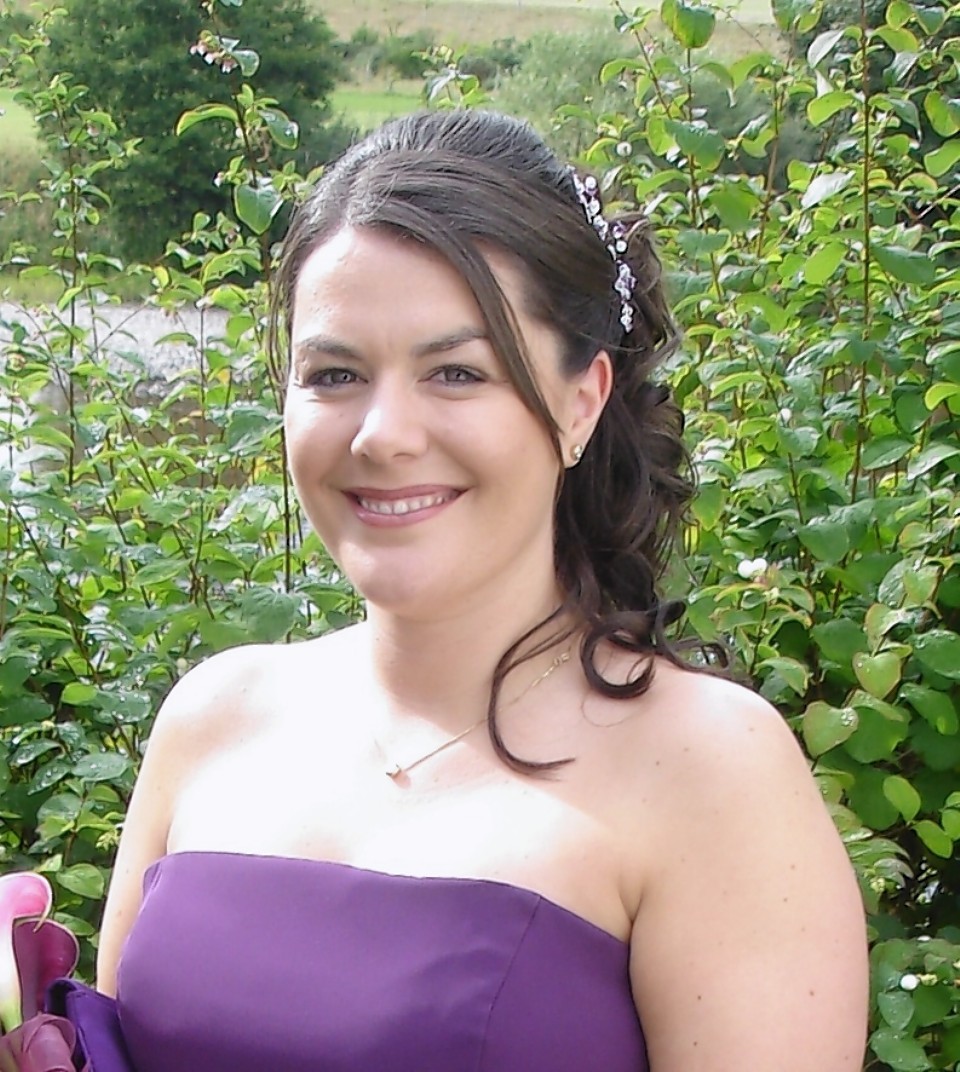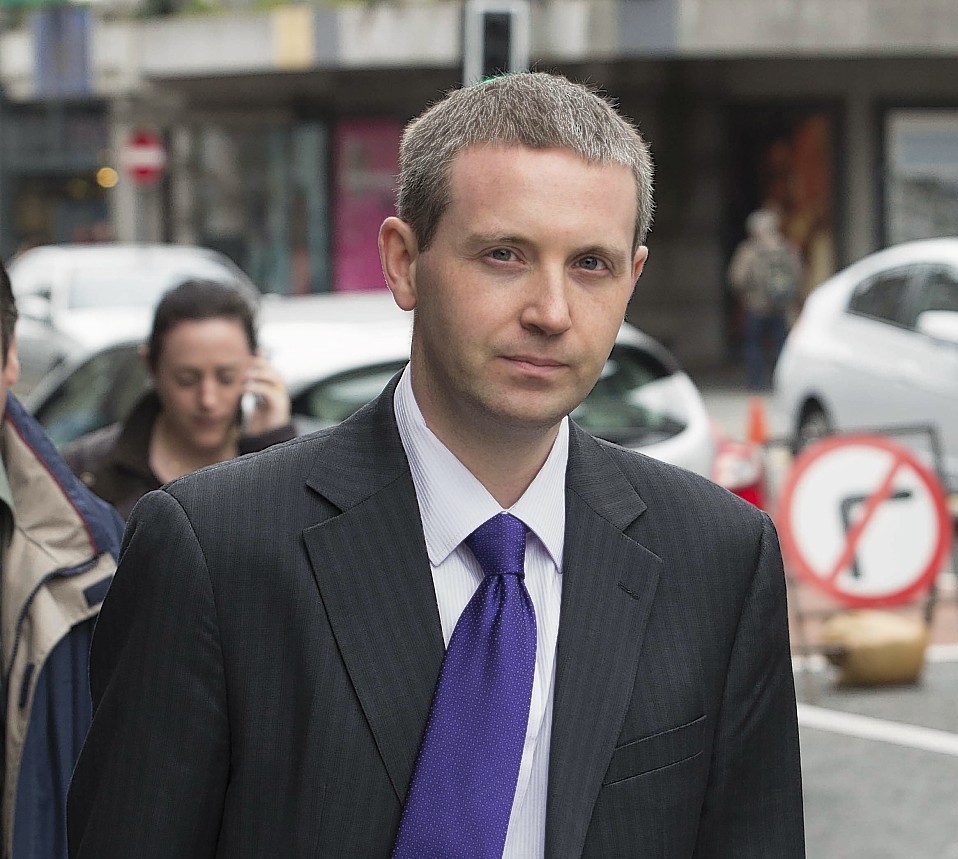The grieving family of a woman who died days giving birth have been left still searching for answers after a sheriff ruled the tragedy could not have been prevented.
Lesley Cowie suffered internal bleeding and liver complications after her daughter, Grace, was delivered by emergency caesarean.
Just a matter of hours after feeding the newborn three days later, Mrs Cowie became unconscious, having endured breathing problems and complained of feeling ill.
She went into a deep coma, and died 10 days later. Scans found she had suffered “irrecoverable” and “unsurvivable” brain damage.
The 31-year-old’s death was rooted in cardio-respiratory arrest resulting from a haemorrhage of the liver and spleen, linked to a form of benign liver tumour, focal nodular hyperplasia (FNH).
During a fatal accident inquiry (FAI) earlier this year, Mrs Cowie’s family argued that her death could have been avoided if there had been better communication between hospital departments at Aberdeen Royal Infirmary.
They also said that the liver condition which caused her death – which she had suffered from over a long period of time – was not properly recognised by staff at Aberdeen Maternity Hospital.
They added that Mrs Cowie had been denied a scan to diagnose her condition due to the unavailability of the procedure on bank holidays and weekends.
They also said her pregnancy should have been treated as “super high risk”.
However, Sheriff Peter Hammond found “no reasonable precautions” whereby her death could have been avoided, nor any “defects in any system of working which contributed to her death”.
Mrs Cowie gave birth at Aberdeen Maternity Hospital on September 20, 2007. She died on October 3.
She had suffered from high blood pressure, stomach pains, high temperature and high pulse rate in the days before she went into a coma.
Doctors thought she was suffering from an infection or a pulmonary embolism until surgery following her collapse revealed “massive bleeding” within her abdomen.
Dr Peter Danielian, an obstetrician at Aberdeen Maternity Hospital, was the on-call consultant from September 20 to 21, and had previously seen Mrs Cowie at ARI’s obstetric diabetic clinic.
During the FAI the procurator fiscal said it “might have been a reasonable precaution for the senior registrar on duty on September 22 and 23 2007 to have conferred with the duty consultant about Mrs Cowie’s condition”.
However, she added that a consultant may not have had “any ultimate impact” due to Mrs Cowie’s condition deteriorating within a very short space of time.
Sheriff Hammond said: “The fact that mistakes are made, or procedures are not followed, does not of itself equate to there being a defective system.
“No submissions were made on behalf of the Crown, the NHS or Dr Danielian that there were defects in any system of working which contributed to the death of Mrs Cowie.”
He added: “I did not find that communication issues were casually linked to the death. I did not find it established that access to scans or X-rays out of hours had a bearing on the death.
“In any event, I accept Dr Danielian’s evidence that these could have been obtained out of hours and at weekends if the needs arose.”
He added he was “unable to make a determination that these matters raised amounted to defects”.
However, he did acknowledge “errors of judgment”, adding: “It is clear that by 2pm on September 22, Mrs Cowie’s care should have escalated.”
But he added: “It is not the function of an inquiry to make any findings of fault or to apportion blame.
“It only remains for me to join with those who have expressed their condolences to the family for their sad loss.”
A spokesman for NHS Grampian said: “We have received the determination and will be giving it due consideration.”

